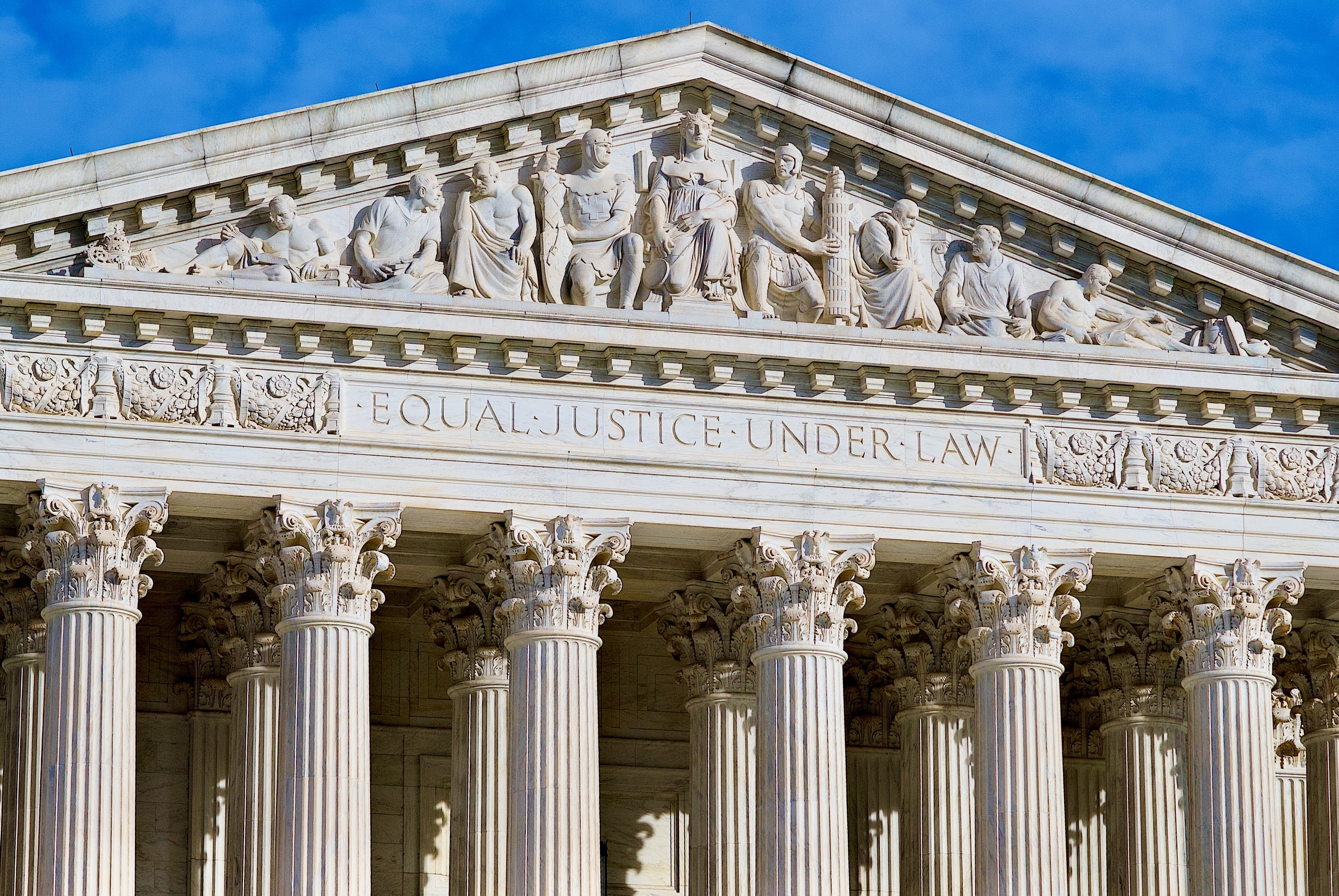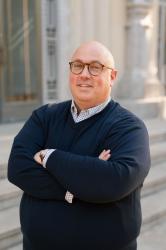The term “Greenhouse effect” is primarily used by the environmentalist movement as an explanation for global warming, but in 1992 Judge Laurence Silberman appropriated the term and in a clever play on words linked it to Linda Greenhouse, the Pulitzer Prize–winning reporter who covered the Supreme Court at the New York Times for more than 40 years. Over the course of their careers, Judge Silberman and others noted that conservative justices tended to move to the left of the Court. And the “Greenhouse effect”—“heat” applied through left-leaning op-ed pages and other media—was, according to Judge Silberman, at least partly to blame.
There are “Greenhouse effect” equivalent theories in other fields, but every once in a while a Clarence Thomas or a Samuel Alito ascends to the Court with a stable and principled jurisprudence and proves able to resist the heat—and the Georgetown cocktail party circuit. Prof. Randy E. Barnett, the author and subject of A Life for Liberty: The Making of an American Originalist, recounts his own story of how he became an influential law professor seemingly impervious to the pressures in academia to adopt increasingly uniform views. In the process, he’s known and influenced countless lawyers and judges and even lived to see many of his once-novel ideas become mainstream in the legal academy and profession.
Admittedly, I was surprised to see that a still-active and very much still-living academic was publishing a memoir. With a few notable exceptions, writing such a work is reserved for the end of a career or retirement. And those who have found themselves challenged and enlightened by Barnett’s scholarship certainly hope that neither is close. It is clear, however, that Barnett’s unique contribution to the law has had a significant impact on the law itself and the profession dedicated to translating the law into real life. It has taken his entire career for that to come to fruition, but studying his path to his present notoriety is as helpful in understanding his scholarly and intellectual contribution to the field as his writings themselves.
Barnett was born and raised in the Chicago suburb of Calumet City by hard-working parents who were middle-class small-business owners. His Jewish family faced regnant anti-Semitism, but despite this he developed a loyalty to the city that drove him to be singularly focused on building a career as a criminal prosecutor there. Even admission to Harvard Law School, whose graduates rarely pursue that field, did not distract him from that goal. He clerked for the Cook County prosecutor in law school, participated in criminal law clinics, and ultimately returned full time to work in the prosecutor’s office from 1977 to 1981.
Barnett has published widely in the field of criminal law, but he has also written a notable contracts textbook. In addition, he has written extensively in the field of constitutional law, which is where many of his most notable contributions have been made. But Barnett is perhaps best known for advancing a uniquely libertarian theory of the law, what he calls the “liberal conception of justice.”
The thread that runs through the diverse areas of Barnett’s interests is, in fact, this concept of justice with a libertarian focus on the rights of the individual. Criminal lawyers tend not to be theoreticians, but his commitment to justice is what motivated his initial interest in the prosecution side of the field. The area of contracts deals with enforceable agreements made between individuals and is one of the subfields of what is known as private law. And his constitutional interests spring from his interest in the parts of the Constitution that, when interpreted correctly, restrain government intrusion into the lives of individuals. This explains his very public involvement in Gonzales v. Raich (one of the first Supreme Court cases dealing with medical marijuana specifically, but Congress’s powers under the commerce clause more broadly) and NFIB v. Sebelius (the “Obamacare case”).
It is likely not an overstatement to say that Randy Barnett has done as much or more for the constitutional theory of originalism—the view that the meaning of the Constitution is located primarily in the meaning of the text at the time it was adopted—than anyone else. Originalism was somewhat controversial in the 1980s, when Barnett entered academia. Judge Robert Bork was famously denied a seat on the Supreme Court in large part due to his originalist views. But progressive nominee and now sitting justice Ketanji Brown Jackson identified herself as an originalist when she was nominated to the Court by President Biden. Clearly there is still a lot of methodological diversity within the field of originalism, but even much more conservative nominees like Anthony Kennedy, who eventually was confirmed to the seat denied Bork, would not have identified himself in that way.
Barnett’s originalism is unique and controversial, drawing critics even from “the right” in the legal profession. In his 2003 book, Restoring the Lost Constitution, he argues for a form of originalism that focuses not on the intent of the framers who wrote the Constitution but rather on the original meaning of the Constitution as it would have been understood when it was ratified. Another unique feature of Barnett’s originalism is his advocacy for a presumption of liberty when interpreting the Constitution such that the burden is on the state to prove the necessity of any restraint on individual liberty. The more traditional approach is the presumption that, when acting through elected representatives, the state has weighed competing interests and determined that restraints on liberty are constitutionally permissible.
The reason Barnett’s story rather than just his scholarship is important is that without such a unique personality and set of life experiences, it’s uncertain his influence would ever have been felt. While attending Northwestern University as an undergraduate and then Harvard Law School, he did not consider himself to be a part of the elite. He admits to spending more time on libertarian causes than studying, committing little energy to the networking typically required of those with upward aspirations, and eschewing such typical law school marks of excellence as moot court and the law review. All these things are the province of the gold-star chasers who will end up in careers where they are subject to and influenced by the “Greenhouse effect.” The Georgetown cocktail party circuit of the 1980s (and even today) would not be terribly impressed with restraint on government power, liberty-oriented theories of constitutional interpretation, or personal liberty for every American more broadly. It really did take a smart guy who had been toughened by racial and religious prejudice, intellectually shaped by libertarian giants like Murray Rothbard, and generally conditioned to be unconcerned with what others think to make progress in the field.
A Life for Liberty: The Making of an American Originalist is a unique memoir. While I am not myself a libertarian and do take issue with some aspects of his positions, Barnett’s life and career have been intertwined with the rise of a more conservative jurisprudence, and he has been unapologetically focused on advancing causes that every American should appreciate: limited government, individual liberty, and the inviolability of private property. (He was also one of the last Harvard law students ever to see the great legal philosopher Lon Fuller in a classroom.) In sum, A Life of Liberty provides a window into what it takes to remain unaffected by the pressures to conform to the prevailing wisdom—courage, humility, and a principled commitment to truth.

